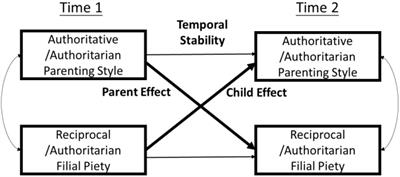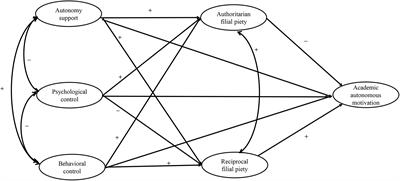EDITORIAL
Published on 16 Aug 2022
Editorial: Filial piety as a universal construct: From cultural norms to psychological motivations
doi 10.3389/fpsyg.2022.980060
- 3,060 views
- 3 citations
14k
Total downloads
75k
Total views and downloads
EDITORIAL
Published on 16 Aug 2022
ORIGINAL RESEARCH
Published on 17 Mar 2022

ORIGINAL RESEARCH
Published on 03 Feb 2022

ORIGINAL RESEARCH
Published on 24 Jan 2022

BRIEF RESEARCH REPORT
Published on 26 Nov 2021

ORIGINAL RESEARCH
Published on 27 Oct 2021

ORIGINAL RESEARCH
Published on 22 Oct 2021

ORIGINAL RESEARCH
Published on 21 Oct 2021

ORIGINAL RESEARCH
Published on 28 Sep 2021

BRIEF RESEARCH REPORT
Published on 27 Aug 2021

ORIGINAL RESEARCH
Published on 14 May 2021

